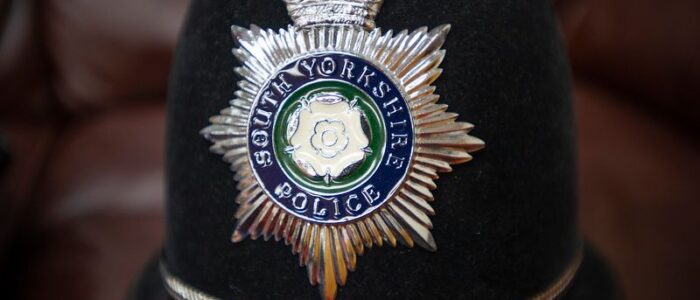Every Officer Should Access A Mental Health Check-Up To Help Tackle Suicide Rates
“There needs to be a nationally led mental health check-up for every officer in the country,” South Yorkshire Police Federation has said, after it was revealed that 17 police officers a year were taking their own lives.
New figures show that between 2001 and 2020, 344 police officers died by suicide. South Yorkshire Police Federation Chair Steve Kent, who has been in his role for five years, said that in this time he had already supported the families of several officers who had taken their own lives.
Steve said: “It has a devastating impact. Obviously we think about the officer themselves, who is in such a terrible state to make that decision, but also the impact that has on their families, friends and colleagues is just such a tragic and heart-breaking thing to happen.”
He continued: “There needs to be a national response to this – we can’t be subject to the postcode lottery of different forces’ funding. There needs to be a nationally led and paid-for mental health check-up for every officer in the country. And that’s every officer, not just those who are public-facing. There are officers behind the scenes who are dealing with horrendous images and horrendous situations for victims.
“We need to get our foot on the ball with this. Don’t get me wrong, not all of those suicides will be linked to the job. People have personal problems. But if we can help prevent just one, then we’ve done an unbelievable job.”
Steve said he feared the number of officer suicides would continue to rise, as there was a “mental health crisis” in policing.
He said: “There need to be proactive, mandatory steps to try to address this, as well as trying to deal with the ridiculous work pressures that officers are under.
“Because of the funding formulas, you get disproportionality between forces. For example, South Yorkshire Police Federation’s group insurance provides a counselling service to officers, which is great, and we’re honoured and proud to do that. But really we shouldn’t have to do that. It’s because the force’s Occupational Health department is under enormous strain, and it’s not because they’re not trying.
“Forces need to have enough occupational health counsellors for the number of officers. Then some of the existing employment regulations where people are assessed for mental health problems can actually start to be done, and if we can pick that up a little bit then we can better tackle this issue.”

